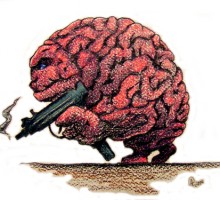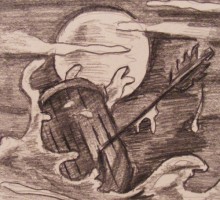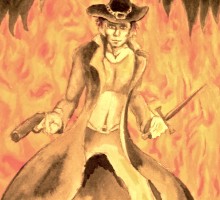(as in my critiques of other people)
I find critiquing someone else can be a valuable exercise, buy information pills in crystalizing your own thoughts about a topic, buy more about in being inspired by some things, thumb and recognizing things that you like less in others. To be clear, there is a wide spectrum of readers in any audience and I can only speak to my own tastes, as is often clear from other comments on the same work. So this is not meant to be a slam to anyone I may have critiqued at any point over the years, but simply things that I thought might be useful to my own work and what I find effective:
- Introduce tension and stakes early, some hint of the negative story problem, don’t leave those until chapter 2, the reader won’t get there.
- Have a question or curiosity that makes reader want to start reading chapter two, as it’s easy to stop at the end of chapter one and never pick it up again.
- Either make your POV character likable with a problem (creating sympathy and tension), or if you’re going for an ant-hero or redemption story, consider a) having some minor redeeming qualities, b) have them have minor regrets about how bad they are, raising possibility of a redemption turnaround in the story, or c) have them be very very good at something, as then people will follow them anyway, because they are so interesting.
- Work backstory in a paragraph at a time, spacing it out, and giving some excuse for mentioning it.
- In a short story, have the ending be consistent with the short story’s theme (as shown in the unique mix of character and his / her story problem). A short story works best if everything seems to fit together, blending into one another, rather than being disjointed.
These can be valuable things to have in mind when you’re either planning or polishing a first chapter or short story. Or at least I found them so. Good luck with the writing!
________________________________
I am finding some time and picking up speed on my StoneDragon edit, which is gratifying. I’m a little behind on my art, partly because all the art stuff is still saran-wrapped in the basement and I haven’t really found the time and place to bring the art back into the day to day routine yet. But I’m thinking about it, and the creativity well is filling up. 😀




